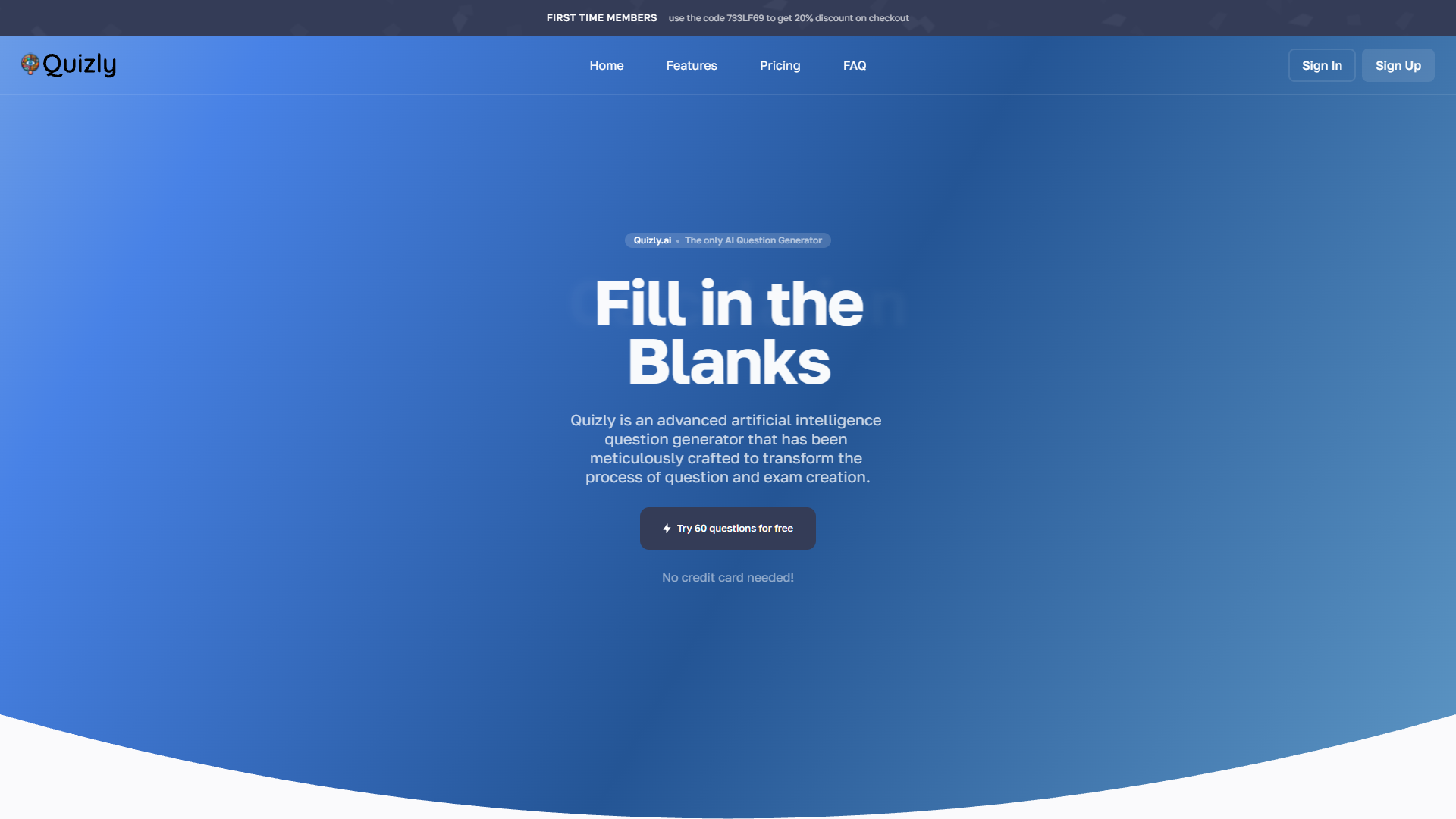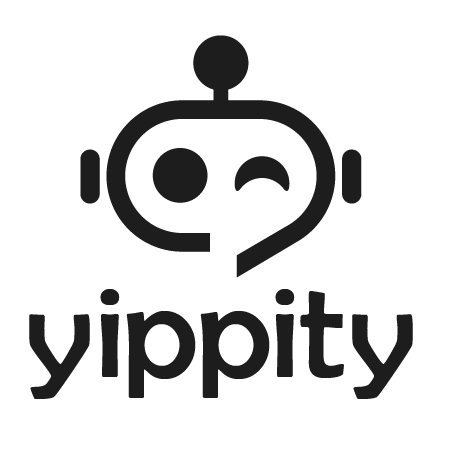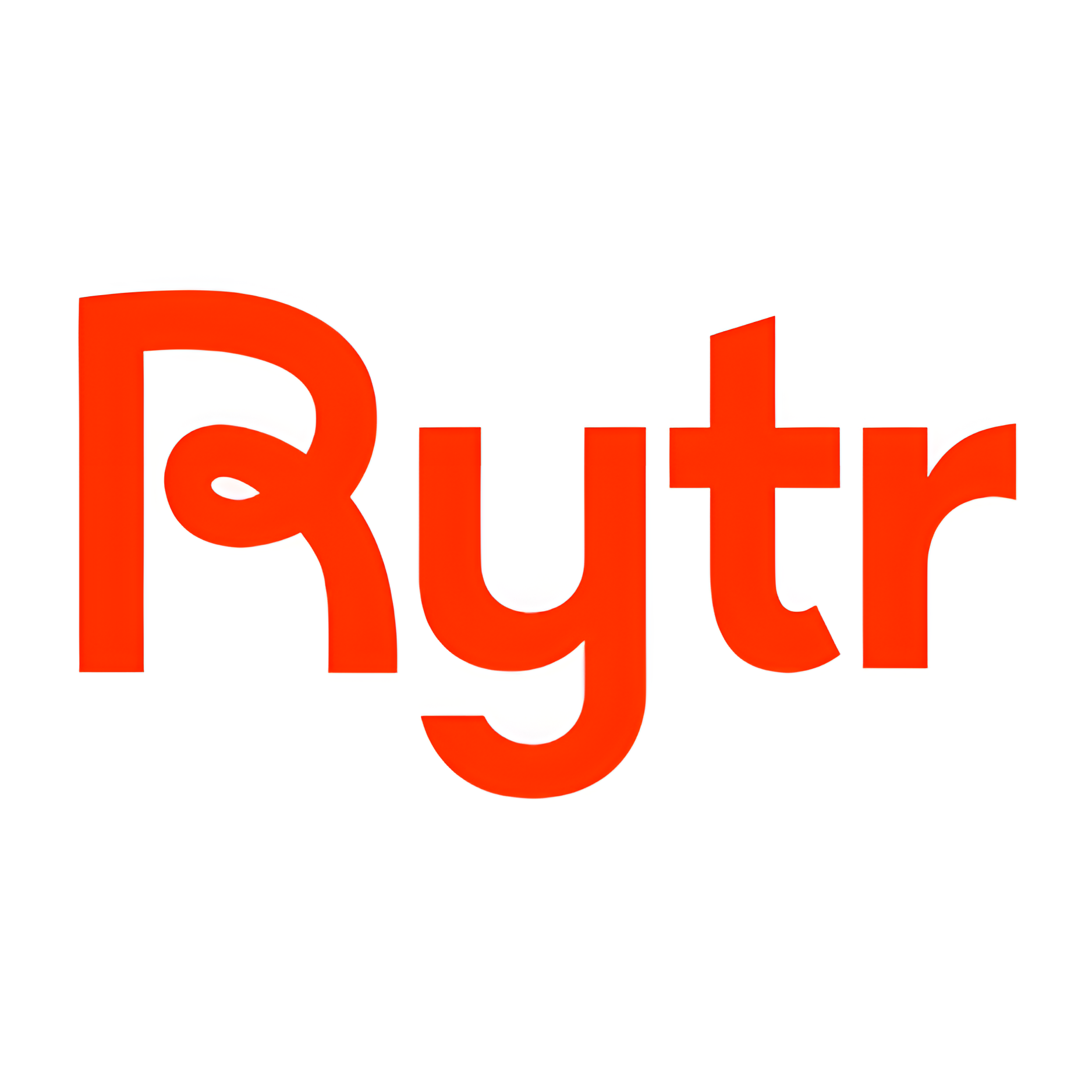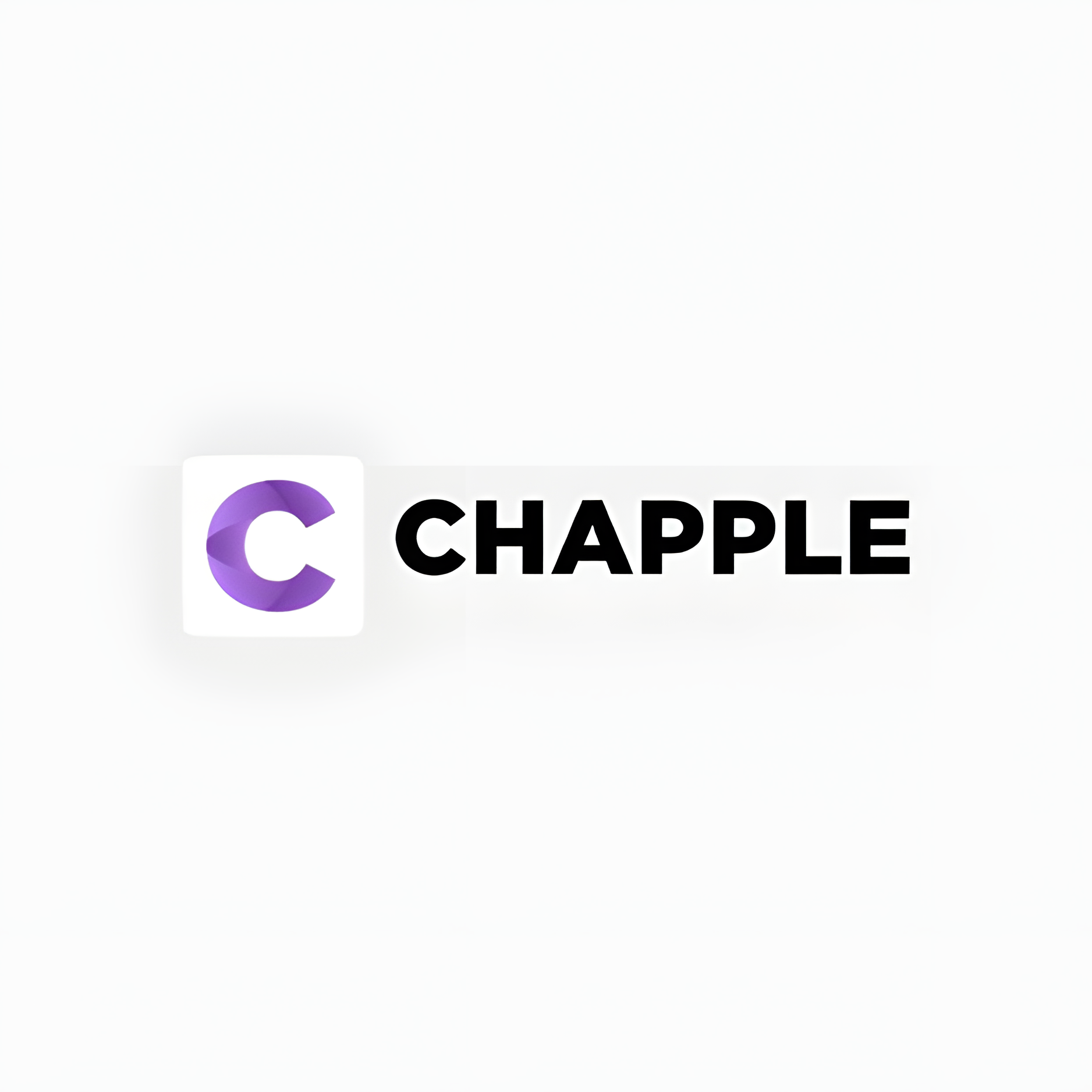Overview
Quizly AI is a cutting-edge AI-driven platform designed to streamline and enhance the creation of educational assessments. This versatile tool supports a variety of question types including multiple choice, true/false, open-ended, and more, catering to diverse learning metrics based on Bloom's Taxonomy. It is equipped with advanced features such as a plagiarism checker, AI rewriter, and content detectors, making it an all-encompassing solution for educational content creation.
The platform stands out by allowing users to generate questions from multiple formats like PDFs, videos, and audio files, significantly broadening the scope of material that can be incorporated into quizzes. Quizly AI also supports multilingual functionality, offering services in 55 languages, thus breaking language barriers in education.
Designed for collaboration, Quizly AI enables users to work together seamlessly, sharing resources and building educational materials collectively. It is ideal for a wide range of users including educators, corporate trainers, and tutors. With flexible pricing plans and a free trial available, Quizly AI is accessible to institutions and individuals alike, ensuring data security and user privacy at every step.
By integrating technology with traditional learning methods, Quizly AI not only simplifies the creation of tailored educational assessments but also enhances the overall learning and teaching experience.
Key features
- AI-driven question generation: Utilizes advanced AI to create diverse question types including multiple choice, true/false, and more, tailored using Bloom's Taxonomy.
- Multi-format support: Supports creating questions from various formats like text, video, images, and audio, enhancing interactive learning experiences.
- Multilingual capabilities: Offers the ability to generate and translate questions and answers in 55 different languages, catering to a global audience.
- Collaborative platform: Enables users to invite colleagues for collaboration, sharing resources and building educational content collectively.
- Flexible pricing plans: Provides various subscription options based on user needs, including monthly, yearly, and one-time payments, with a free trial available.
- Enhanced security and privacy: Ensures user data protection by temporarily caching files during processing and deleting them post-use, prioritizing user privacy.
 Pros
Pros
- Adaptive learning paths: Dynamically adjusts question difficulty based on user performance, ensuring personalized learning experiences that cater to individual needs.
- Real-time analytics: Provides instant feedback and detailed reports on user progress and performance, helping educators make informed decisions.
- Integration capabilities: Easily integrates with popular LMS platforms, allowing seamless synchronization and management of educational content across systems.
- Interactive content features: Includes tools for creating interactive diagrams, simulations, and quizzes that engage students and enhance learning retention.
- Continuous updates: Regularly updated with the latest AI advancements and educational trends to provide users with state-of-the-art learning tools.
 Cons
Cons
- Complex interface: Navigating through advanced features and multiple formats can be overwhelming for new users, requiring a steep learning curve.
- AI accuracy concerns: Despite advanced capabilities, the AI might generate irrelevant or inaccurate questions, necessitating manual review and corrections.
- High resource usage: Processing multimedia content and utilizing AI for question generation can lead to significant usage of computational resources.
- Dependency on connectivity: The tool's performance heavily relies on internet quality, potentially affecting functionality in low-bandwidth areas.
- Limited customization options: While it supports multilingual and multi-format content, customization options for specific educational or cultural contexts might be limited.













